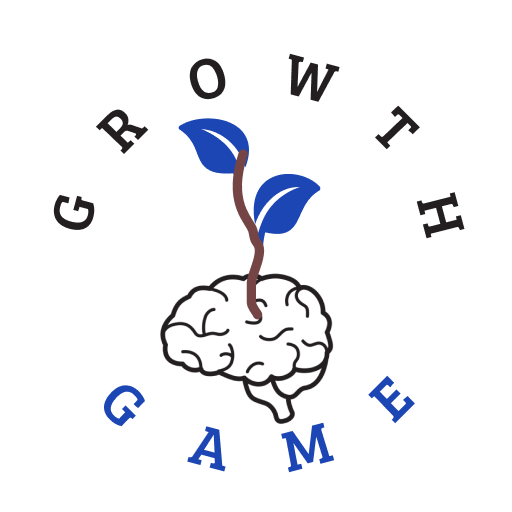How familiar are students in different European countries with the concept and advantages of a Growth Mindset? – Best Practices Report
In order to find out what exactly are the complicating factors in spreading and teaching growth mindset principles in Europe, the Growth game project consortium carried out desk research on relevant growth mindset interventions applied in partner countries and conducted interviews with children and teenagers aged 10-15, teachers, parents and youth work professionals. The aim of the Best Practices Report is to reveal the current status of growth mindset implementation in the participating countries, the challenges they are facing and to give insight in ways the Growth
Game can be different (and more effective) from existing Growth Mindset interventions.
The target of the research were children and teenagers aged 10-15, caregivers and (foster)parents of children aged 4-18 and teachers and youth workers working with children aged 10-15. The different target groups have been interviewed using different methods: small group discussions, online survey and focus group discussions.
The findings of the project partners’ research is rather different in every participating country.
In Romania, the Growth Mindset is part of the school curriculum for children between 12-13 years, as part of the “Personal and Professional development” compulsory subject. In addition to this, there are a few NGO-s implementing Growth Mindset in their educational programmes.
In the Netherlands, the research showed that approaches to Growth Mindset implementation are mainly focused on teachers so they can use it with their everyday work with school children. Howewer, the principals of Growth Mindset are used in many different learning activities for various age groups both in compulsory and extra cullicular classes, like the KAW (class as a workshop) programme, Kanjertraining (intervention method in primary and secondary education
designed to decrease unpleasant feelings and problem behaviour and to increase well-being and self-esteem).
According to the results of the research of the project partner in Cyprus, it is clearly evident that primary/secondary education in Cyprus has slowly and steadily attempted to move away from ‘traditional’ teaching methods and Growth Mindset practices are indeed implemented in schools and at home with children. There’s an organized, wide-scale implementation of the Growth Mindset related subjects in national schools is the ‘’Social and Emotional Education at School’’ programme in primary education, that focuses on psychosocial support, the development of interpersonal skills, development of resilience and adaptation to the school environment and wider society.
As the Estonian students perform very well in the international tests, it can be concluded that Estonia’s education system is effective and ensures equity. According to their answers, they are satisfied with their school education and their prospects in life. This can be because the Estonian educational system has already integrated the Growth Mindset into their teaching strategy on more educational levels, students of different age groups can participate in learning
programmes as Professional Learning Communities and Schools in motion.
After achieving all this information from the four different countries, Growth Game project partners have concluded that there’s a common need for a tool to teach Growth Mindset in an immersive, gamified way that can be implemented in different kinds of learning situations. They are looking forward to receive feedback from the teachers and students after they have tried out the Serious Game collection the partners have developed.
